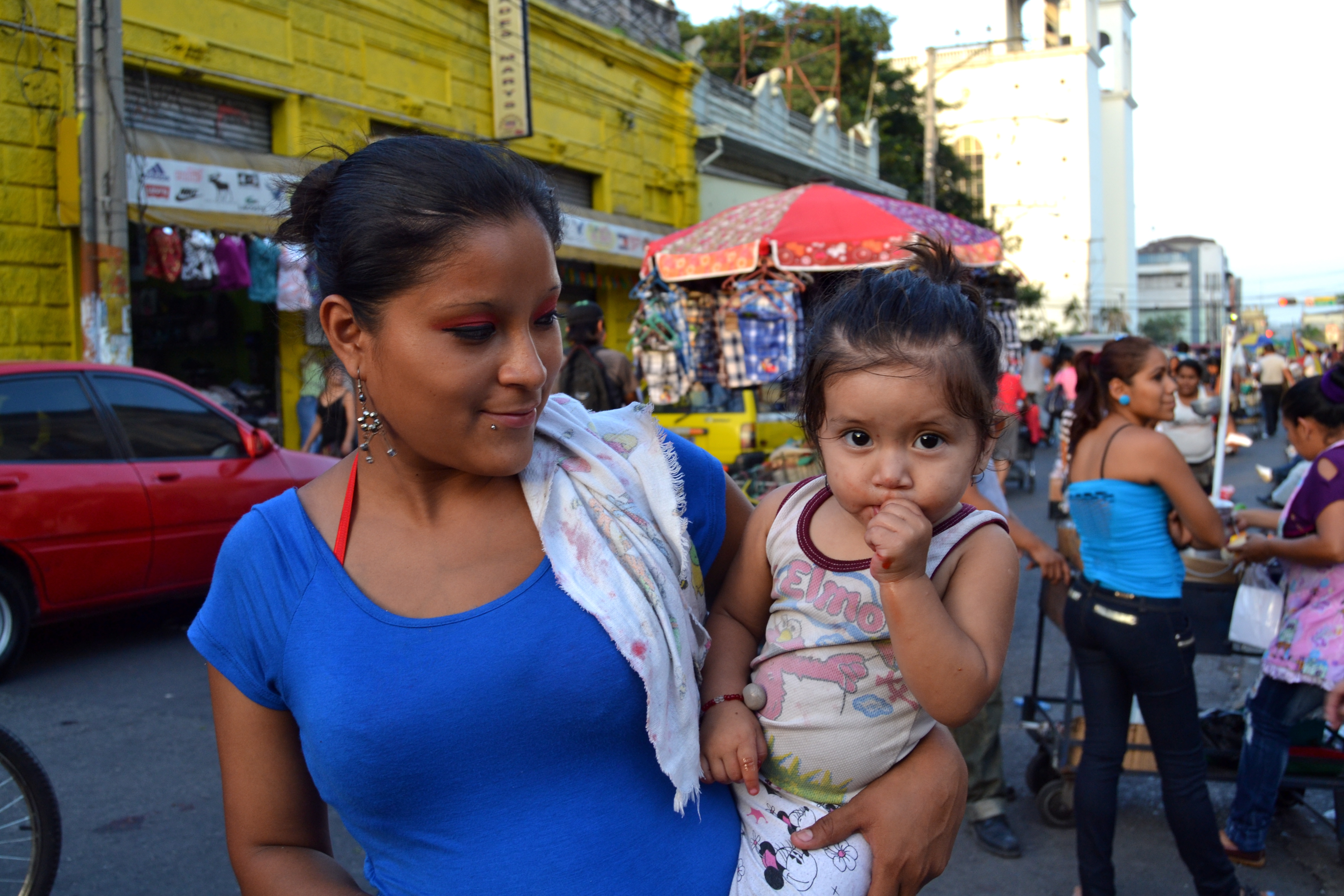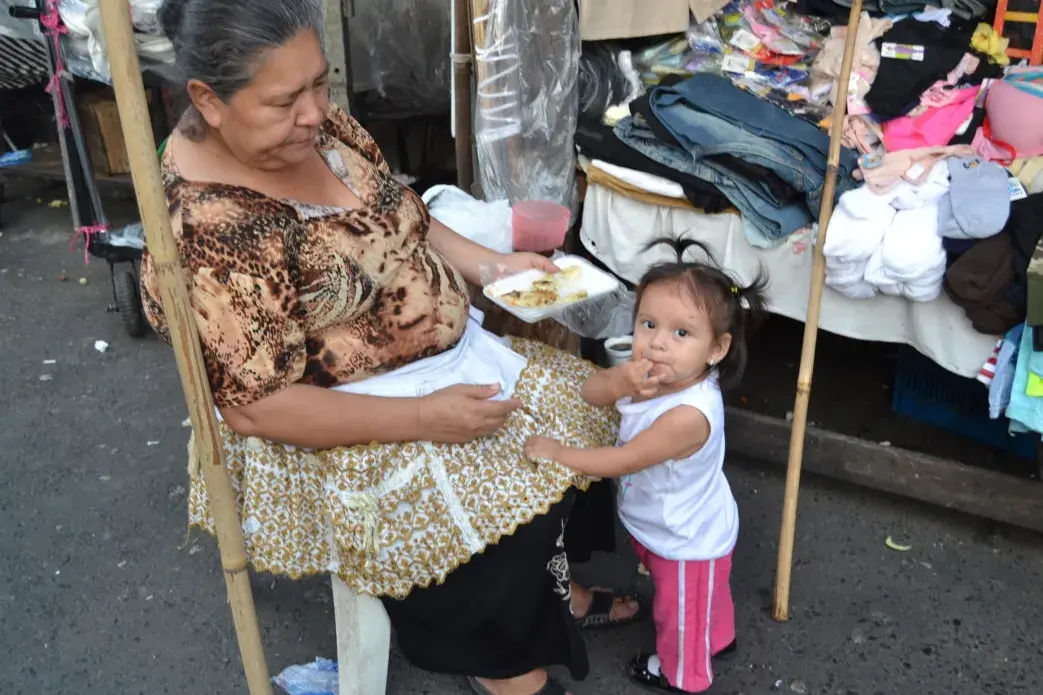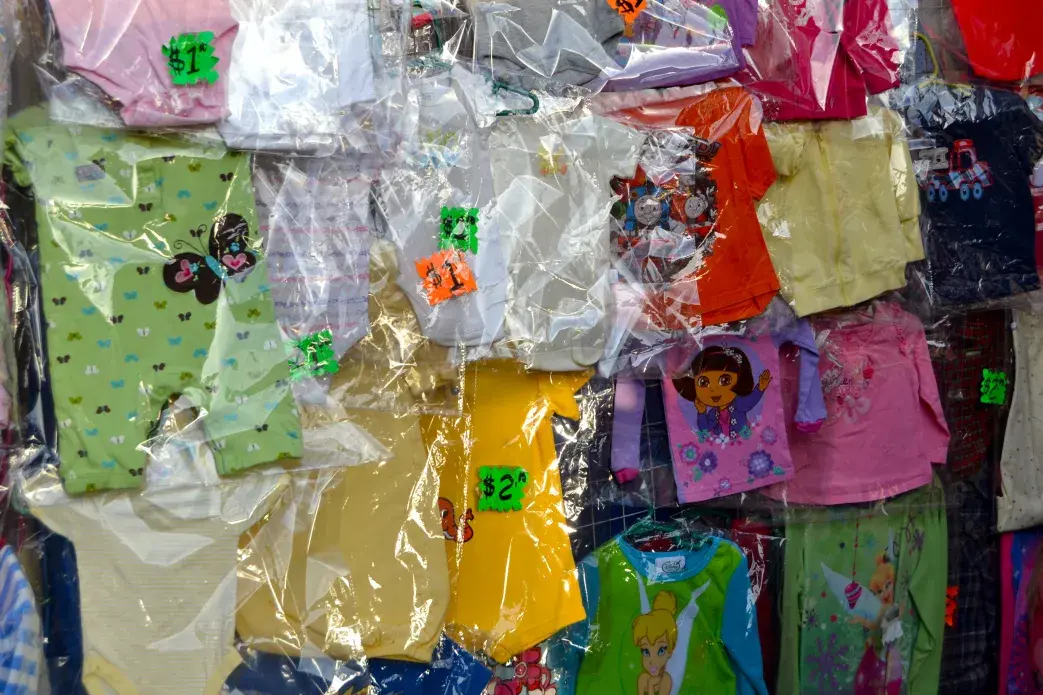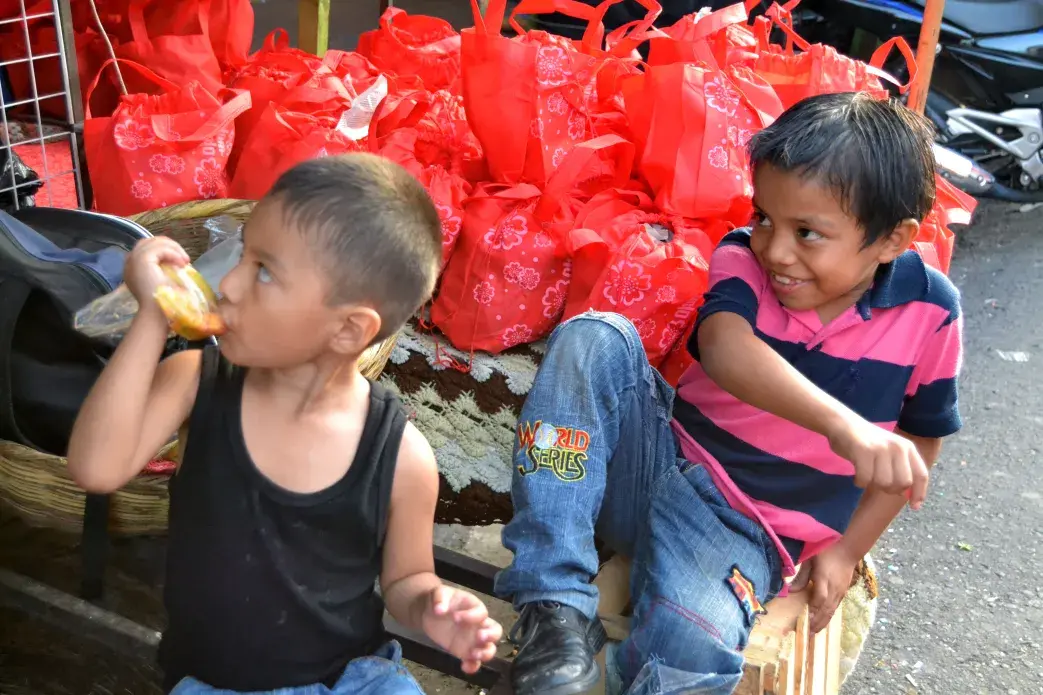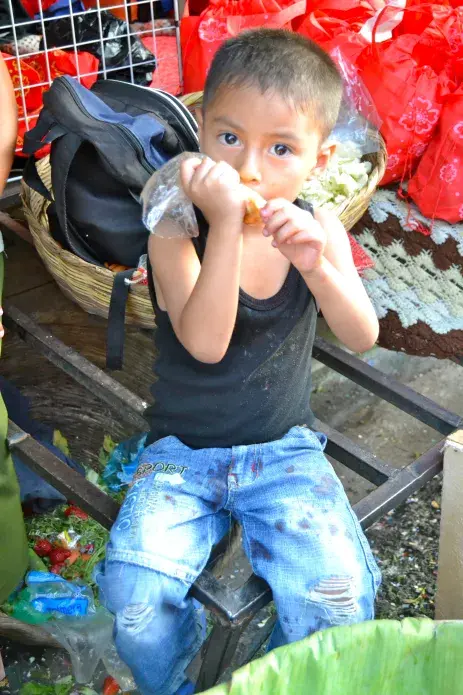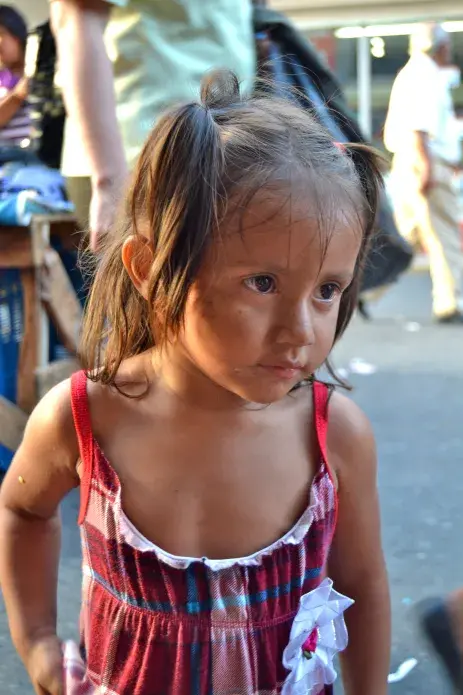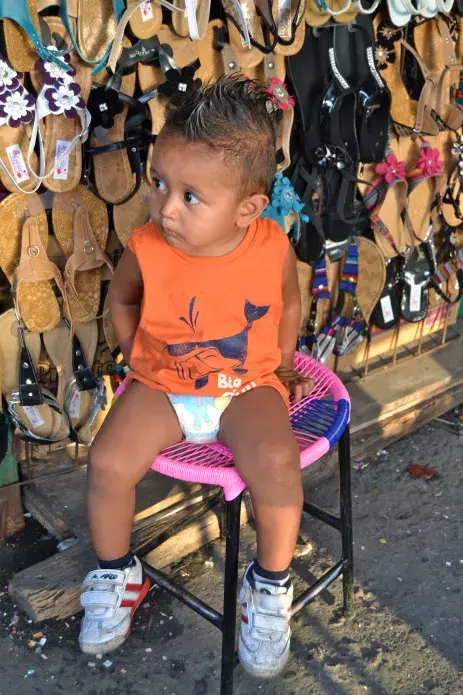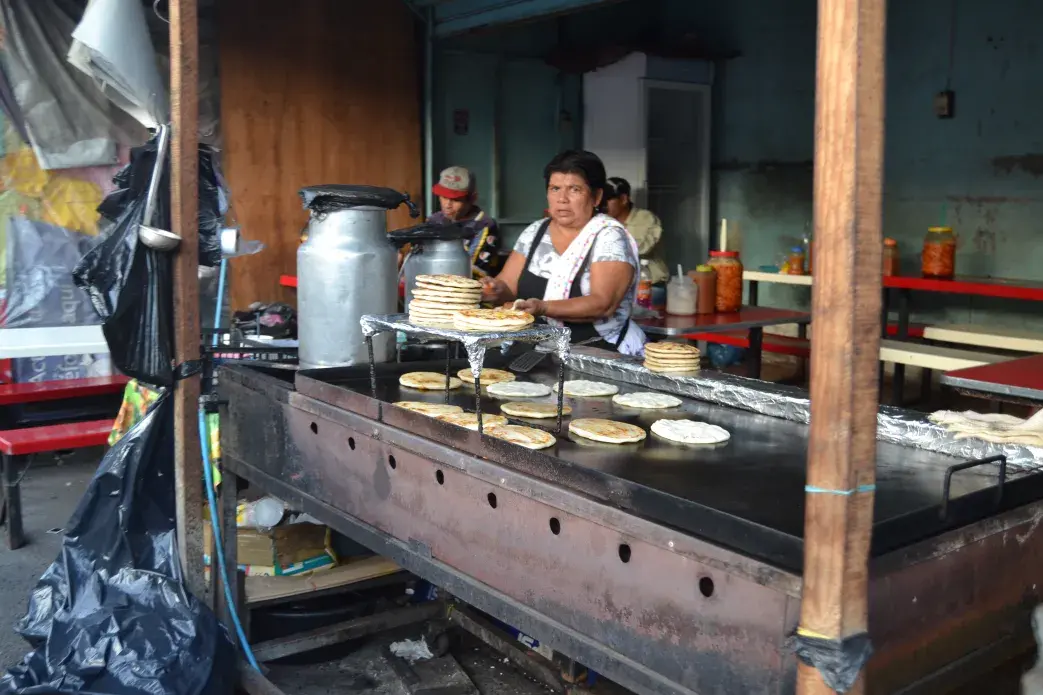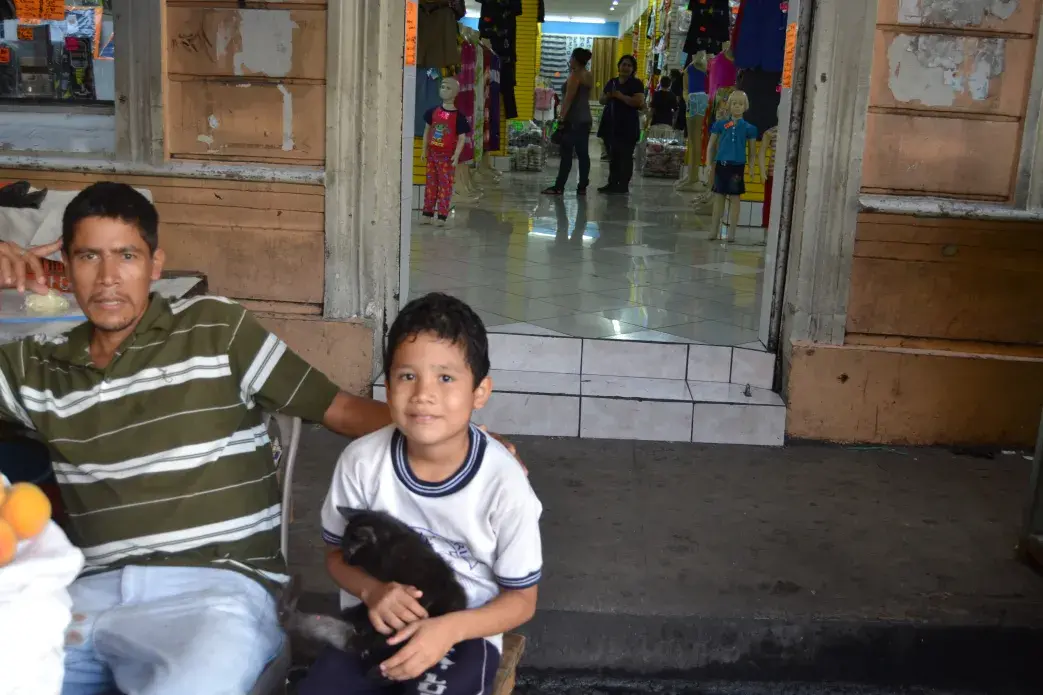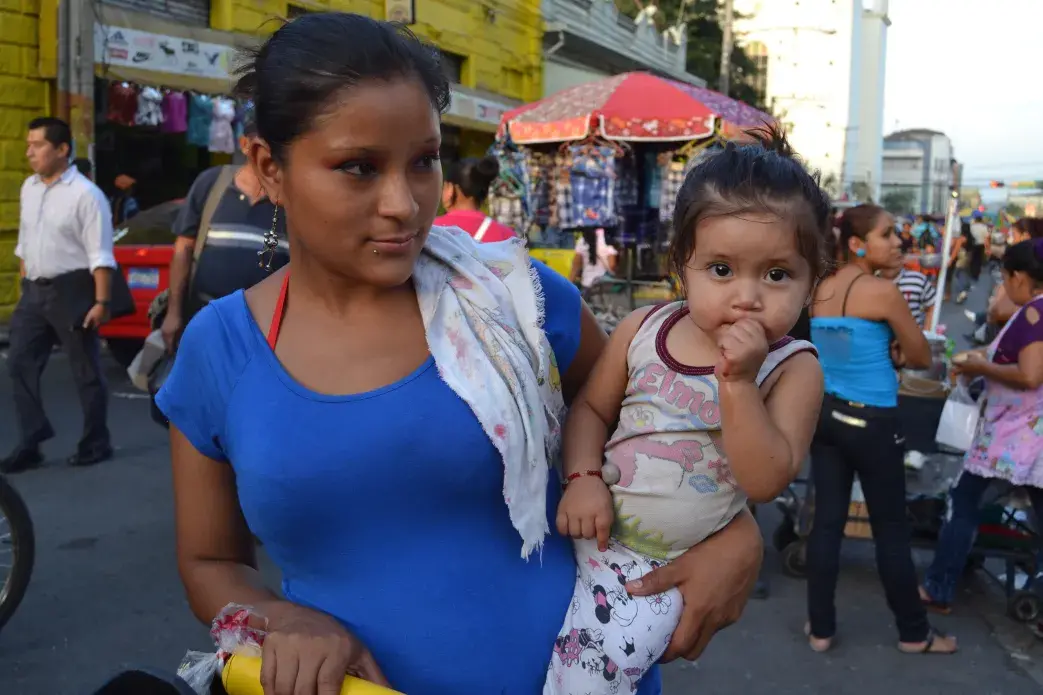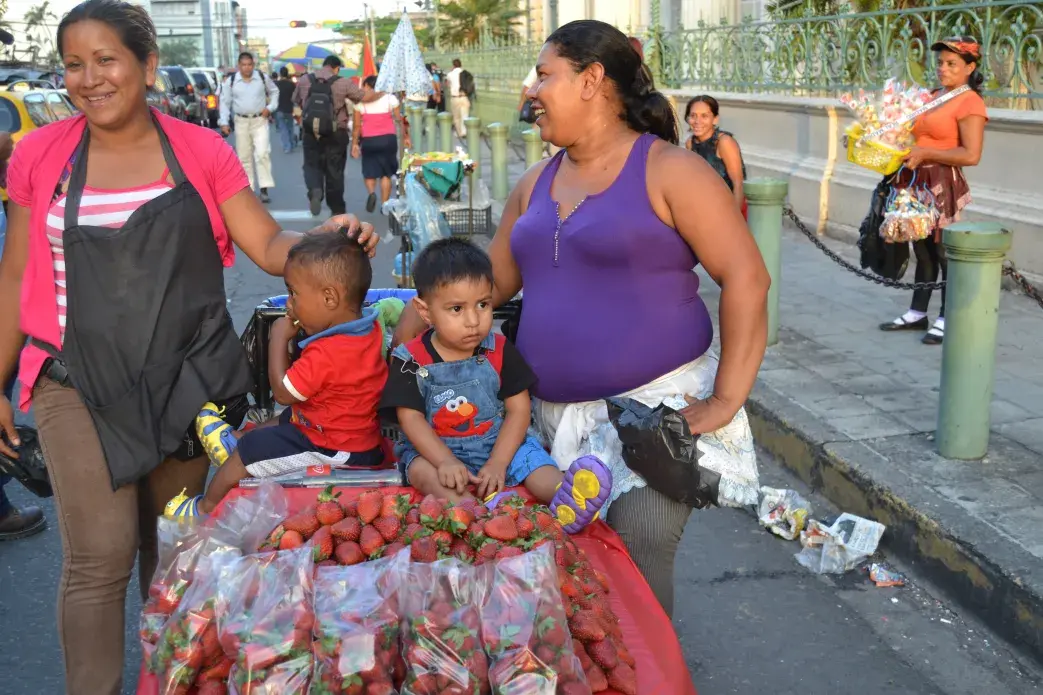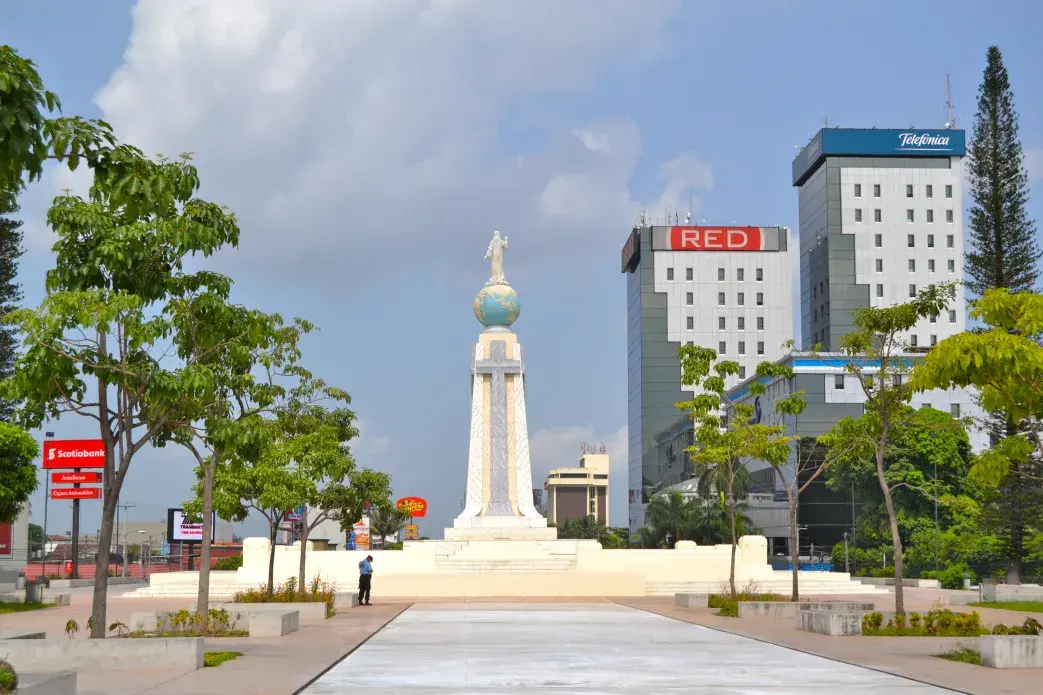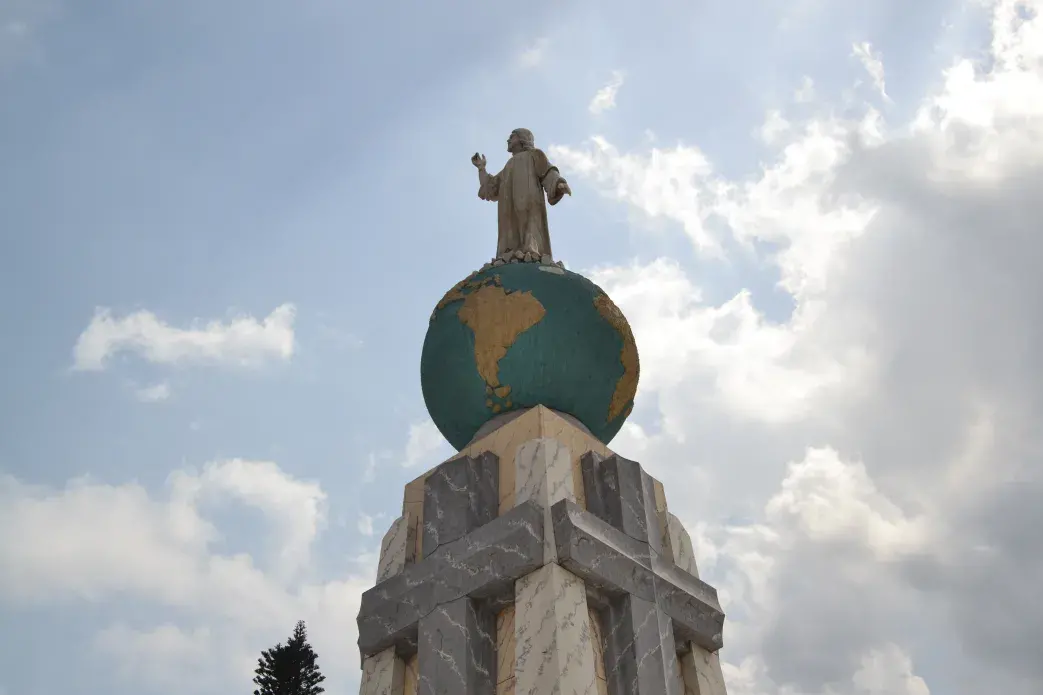"Abortion is murder, which is why it is illegal," Juan Mejia answers without hesitation as his taxi swerves through midday gridlock in Managua, Nicaragua's congested capital. "To murder a baby is illegal, just like murdering anyone is illegal."
From my precarious position in the passenger seat, I carefully phrase my next questions to avoid ending up on the side of the road. What if the life of the mother is in danger? What if both the mother and the baby will die if she isn't allowed to have an abortion?
"That wouldn't be an abortion, then. They would try to save the life of the mother, even if the baby had to die," explains Mejia, who is wearing an Atlanta Braves baseball hat. He speaks slowly, as if the language barrier might be getting in the way of my comprehension. "The doctors would help the mother to live, no matter what."
By the time we arrive at my destination, I haven't managed to convince Mejia that Nicaragua is under a therapeutic abortion ban, but he still knocks 10 cordobas off his quoted price: the Braves fan discount.
According to the law in Nicaragua and El Salvador, all abortions are illegal, including therapeutic termination in cases of rape, incest or to save the life of the mother. Activists in these countries are working to change these restrictions and the fate of women who are suffering silently. But most importantly, they have to change a crucial misunderstanding propagated by the Catholic Church and its pro-life supporters.
"We aren't trying to make abortion completely legal," says Mayte Ochoa, the legal director of Ipas Central America, an international reproductive rights organization. "We want all women to have access to the services that they need, but above all, we want therapeutic abortions to be available to women who are most in danger."
These activists know that the best bet for change is to get a groundswell of public support. But they are up against the Catholic Church and its powerful grip on the country's moral outlook. Mejia and his fellow Nicaraguans are disinclined to dig into the nuances of the abortion debate when the government and Church appear to be on the same side of the issue, presenting an unequivocal viewpoint. But the abortion rights activists feel their position has been misrepresented.
"Almost no one here is working for abortions on demand, or a full liberalization of the laws," says Holen Kahn, director of "A Quiet Inquisition," a new documentary about abortion laws in Nicaragua. "They want to lift the complete ban and they want people to stop thinking that abortion is murder."
Nicaragua and El Salvador, like much of Latin America, are overwhelmingly Catholic and Evangelical Christian. Catholicism pervades every aspect of the culture. El Salvador's name itself speaks of Jesus, the Savior, and it's impossible to walk the streets without feeling the religious fervor that motivates civil society. This may explain why people are so accepting of these stringent laws.
"My granddaughter is a gift from God," explains Carla Perez, 54. She sits in San Salvador's crowded marketplace in the tourist district, near the gaudy palacio nacional. Perez sells toothpaste, gym socks and knock-off Dora the Explorer t-shirts to make ends meet. Perez and her husband raised six children themselves and are now responsible for two to three grandchildren at any given time.
As the bustling market begins to shut down for the evening, Perez cradles her eight-month old granddaughter, Maria. Maria's mother hasn't been seen since she gave birth, but Perez isn't upset. "Every baby is a gift from God. My daughter couldn't raise Maria, but I could, and she is happy and healthy. God wouldn't want her to die by an abortion."


